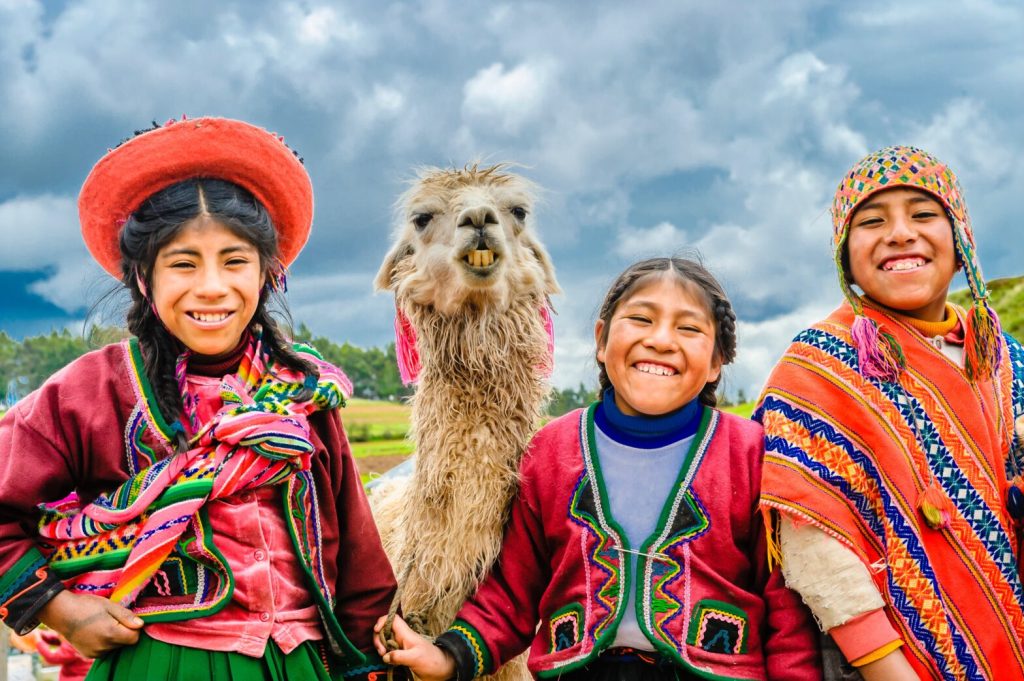Cultural travel has the power to create positive economic and social impacts by allowing travelers to directly support local communities and small enterprises. Participation in cultural activities and events plays a crucial role in preserving local customs, traditions and cultural identities, which is particularly vital in multicultural or diasporic communities. When managed responsibly, tourism can have a long-term transformative impact, potentially helping to support indigenous communities facing challenges. As travelers increasingly seek culturally conscious experiences, an enticing itinerary awaits them to explore indigenous Peru.
Mery Calderón, founder of luxury travel company Kuoda Travel, draws inspiration from her roots in Cusco, Peru. His journey began while working in his parents' gift shop, instilling in him a deep passion for tourism. From the beginning, Calderón's mission was clear: to provide travelers with authentic cultural and natural experiences in South America. She said travelers' contributions benefit local communities, both in terms of environmental conservation and preservation of cultural heritage.
Embarking on an indigenous journey in Peru not only provides travelers with unforgettable experiences, but also supports and celebrates the rich heritage of local communities. Travelers can explore Peru like a local and come away with a deeper understanding of the region's diverse cultures and traditions.
Here are four community-led Indigenous travel experiences brought to you by Kuoda Travel.
1. Chinchero: weaving traditions frozen in time
Known as the “cradle of the rainbow,” the Chinchero community is a living testimony to Peru’s rich textile heritage. Travelers can enter the world of “awanas,” loosely translated as workshops, to witness the intricate art of textile weaving. Here, tradition comes to life thanks to skilled artisans who pass on their techniques.
2. Rituals and music: connection with ancient spirits
Las Qolqas, in partnership with Kuoda Travel, hosts shaman-led rituals, particularly during the solstices, to honor Pachamama, or “Mother Earth.” Guests can participate in these meaningful ceremonies and even have the future predicted through Coca leaf readings. Spiritual guides like Maestro Intiwari Yatiri enrich the experience with traditional music ceremonies.
3. Uros people of Lake Titicaca: a floating culture
The Uros community of Lake Titicaca lives atop islands constructed from Totora reeds. These remarkable floating structures offer travelers the opportunity to enjoy a homestay experience with local families. Guests are encouraged to participate in daily activities, such as harvesting reeds, navigating the lake in a reed canoe, and setting nets to catch fish. It’s an immersive encounter with a unique way of life.
4. Pachamanca tradition: culinary gratitude to the earth
Participate in a centuries-old Inca tradition, Pachamanca, which pays homage to the Earth. This culinary ritual involves marinating lamb, pork, chicken and potatoes in Andean ingredients and cooking them to perfection in an underground oven. It’s a delicious expression of gratitude to the land and a true taste of ancient Peru.


